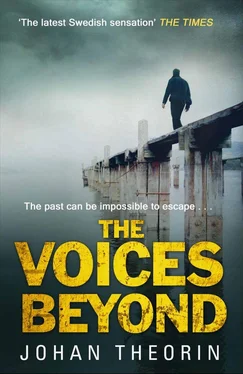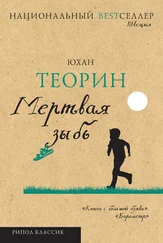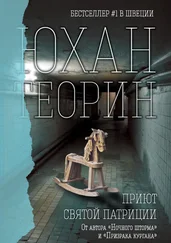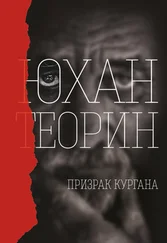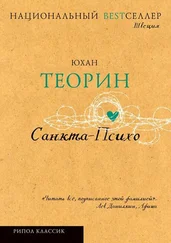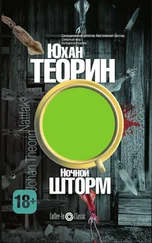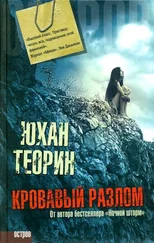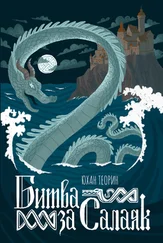They were taken into one of the huts; the place was already packed. Aron glanced out through a cracked window at a white world. Beyond the fence and the snowdrifts there was dense coniferous forest, and far away on the horizon he could see high mountains.
Trees.
Mountains.
Aron has seen more trees and more mountains this winter than in his whole life. There were no mountains on Öland, and hardly any trees; here in the new country, huge trees reach up to the sky everywhere you turn.
The landscape outside the camp is utterly desolate, and bitterly cold. The snow has settled early. The white days in the forest beyond the fence become routine, but every other week they are allowed a bath.
They learn that the camp is only a couple of years old; the prisoners built it themselves. There was nothing there but an empty field when the first prison colonies arrived after a long march. They dug holes in the ground to sleep in, then built small shelters, and finally proper huts.
About fifty prisoners from ten different countries live in Sven and Aron’s hut. When they are not working, they all gather round the stove, which is nothing more than a rusty barrel that gives off hardly any heat. They eat dry bread and thin meat soup, and two or three men squash together in each bed.
Aron hears the wind howling outside the hut and thinks about the storms on Öland, but these are distant childhood memories; he feels like an adult now. He is seventeen years old.
He wakes up, kills a few bedbugs, then gets up. If there is any wood left he pushes a few sticks into the iron stove, lights it and hears Sven and the other men slowly begin to move around.
Almost every morning someone goes to wake some lie-a-bed but finds a cold body that will never move again.
Death picks his way among the bunks, and Aron quickly gets used to the sight of blue lips and frozen eyes, a stiff body being carried out of the hut. No one has the energy to wash the corpse, so it joins the rest, like a log on a woodpile.
Time to get to work.
The brigade marches out into the forest at seven o’clock every morning, then the men are divided into smaller groups. They are accompanied by a foreman, but Sven and Aron hardly ever see him. The groups are sent off with an axe and a two-man saw to fell trees then drag the logs down to the river.
The logs float away, but there is no escape for the prisoners. There is nothing around them but endless forests and snow, with rumours of bears and wolves.
And there is no point in going on strike, or trying to cheat the system. The logs on the riverbank are counted at the end of each day, and any group that fails to fulfil its quota receives reduced food rations. Less food means death, sooner or later.
So they chop and haul and drag, and they are always, always cold. The work helps to keep their arms and legs warm, but their hands are ice cold. Sven has managed to buy boots and gloves with hardly any holes in them for himself and Aron; other prisoners have to make do with bits of cloth wrapped around their fingers and toes.
Matti the Finn has no gloves, no protection at all for his hands. His reserves of fat are beginning to run out; he is so cold that he no longer even shakes. Aron can see that the fingers on his left hand are white and covered in ice; they have turned into a solid lump. Matti is trying to work, but he is moving as if he is in a trance.
‘Have a rest, Matti,’ Sven says. ‘When we get back this evening you can thaw out.’
Matti leans on a pine tree but becomes more and more confused. He starts speaking Finnish, and after a while they can hear him singing quietly to himself.
The others keep on working. They have to meet their quota.
But in the twilight Matti is suddenly nowhere to be seen. Aron, Grisha and Sven have chopped down a tree; when they look up, they see only meandering footprints in the snow. Sven follows the trail, but loses it in the darkness. They shout for Matti in all directions, but there is no reply.
They search and search, until the whistles summoning them to gather for the march back to the camp echo through the trees. They have to leave, without Matti.
The foreman yells and swears when the prisoners have been counted and it becomes clear that one is missing, but there is nothing he can do except lead the column back to the camp.
That night, the temperature outside is minus eighteen degrees. Aron listens to the wind and thinks about the endless forest. About Matti.
The next morning, the brigade marches off once more; the men are divided into groups and head for their work stations. Thin snowflakes are falling, but the forest is silent. They pick up their saws.
But then they hear someone singing loudly among the trees. The language is Finnish, and they recognize the voice.
‘Matti!’ Sven shouts.
He stumbles away, and Aron follows him.
The sound of the song leads them to Matti. Eventually, they find him at the bottom of a tall pine tree, slumped in the snow, holding his fists up in front of him; they are two clumps of ice. Small, thin mushrooms are sticking up out of the snow all around him in a wide semicircle.
‘Matti?’
Sven rushes forward and gives his comrade a shake, but there is no response.
Matti is no longer listening; his eyes are frozen shut, and he is singing at the top of his voice.
Slowly, Aron walks over to the pine tree. He looks at the strange semicircle in the snow; he can’t understand how mushrooms can grow in the middle of winter.
Suddenly he realizes what the mushrooms are.
They are fingers.
The Finn has snapped off his frozen fingers and arranged them in front of him in the snow.
Matti goes on singing, bellowing with his eyes tight shut.
Aron stares silently at the fingers. Ten of them, pointing accusingly up at the sky.
Matti is taken to the sick bay for a speedy amputation of his hands and feet, but it doesn’t help. He dies the same night.
Something turns to iron inside Aron that day. The softness is gone, and the suffering around him no longer affects him so deeply. He notices the sick and the dying in the camp but lowers his head and keeps on walking.
Both he and Sven become more cautious in their dealings with other prisoners in the camp, but new groups are constantly arriving. And many of them are eager to talk.
For a few weeks they work with an American, Max Hingley from Chicago, who came to the new country as a committed communist at the end of the twenties and ended up as a slave labourer on a canal-building project two years later. They work together in the forest every day, then suddenly Hingley is gone. The word is that he was taken from his hut during the night and sentenced by a troika the very next day. No one knows why.
‘I suppose they thought he was a spy,’ someone says.
‘A spy?’ Sven says. ‘But Hingley was a committed communist.’
There seem to be new rules now. And new opinions to replace the views that are dead and gone.
A young Soviet prisoner joins their brigade and is placed on its northern outpost, in the Swedes’ little group. He introduces himself as Vladimir Nikolajevitch Jegerov; he tells them that he is one year older than Aron and comes from Kiev in the Ukraine. He explains that he has such a long name because it is normal practice to take the father’s name as one’s middle name.
‘But call me Vlad,’ he says. ‘That’s easier for a foreigner.’
‘Call me Aron,’ Aron says in Russian.
In a brigade full of silent men, Vlad is talkative. His mother was Russian and his father Ukrainian, but both are dead now. It was the great famine that took them, two years ago. Vladimir was sentenced to four years in a labour camp for hiding half a loaf. He misses Ukrainian bread, both white and black.
Читать дальше
